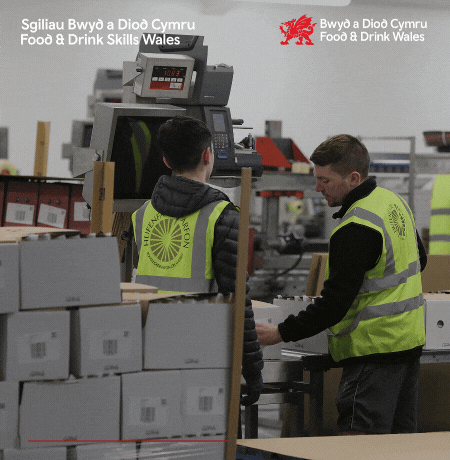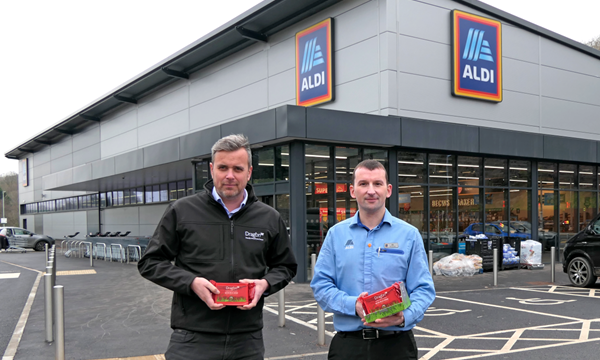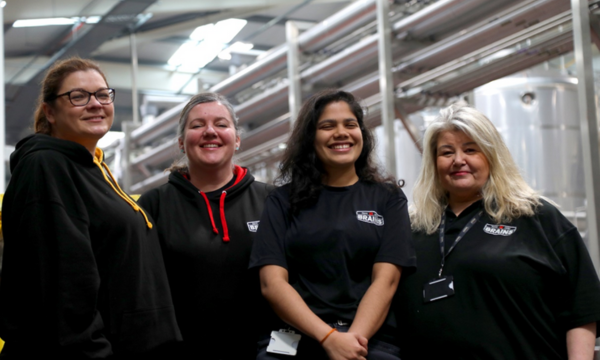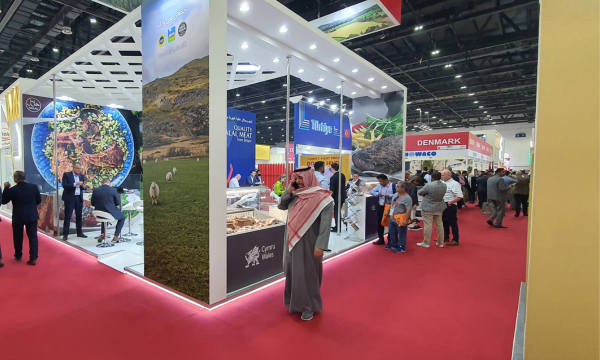Wales needs a joined-up approach which includes private investment and new partnerships to safeguard the future of its food and drink industry and protect it from ‘significant challenges’.
Writing for Business News Wales , Llyr Roberts, CEO of Mentera, outlines key pressures facing the industry, including skills, rising costs, productivity challenges and the need to embed sustainable practices at all stages of the supply chain.
He writes:
“Contributing over £11 billion in GVA, supporting thousands of jobs, and shaping Wales’ global reputation for high-quality, sustainable produce, this dynamic sector has seen impressive growth in the last two decades, but now must navigate mounting challenges to continue to thrive. Getting the food ecosystem right has never been more critical.”
Roberts calls for measures to alleviate current pressures, reduce food miles and foster collaboration across the supply chain.
Mentera has delivered a number of support schemes on behalf of the Welsh Government, including the Cywain and Food & Drink Skills Wales programmes.
Drop Bear Beer Co is one of 360 businesses to engage with the Food & Drink Skills Wales programme in its first 18 months.
Sarah Drummond, the firm’s Director of Finance & Operations, told Skills.wales of the programme’s impact on the brewing business.
“The flexibility and bespoke nature of their training offerings mean we’ve been able to tackle our challenges head-on,” she writes.
“For example, when we installed our canning line, no one on the team had ever used one before. By working with Food and Drink Skills Wales, we didn’t just do generic training – we were able to bring in the manufacturer of our particular canning line to train our staff. This ensured we weren’t just learning to use the exact equipment we use, but we were also understanding how to maintain it and fix common issues. Given the critical role the canning line plays in our operations, this training was essential to reducing downtime and keeping production and sales on track.”
Also writing for Skills.wales Chris Butler, Marketing Manager for drinks producer Radnor Hills, said:
“One of our key partnerships is with Food and Drink Skills Wales…which has been instrumental in supporting our efforts to upskill our team.
“For example, labelling regulations in the food and drink sector are constantly changing. From compliance with Natasha’s Law to adapting to nutritional labelling updates, staying ahead of these changes is both a legal obligation and a responsibility to our customers.
“With the support of Food and Drink Skills Wales, we’ve been able to access funding and expert guidance to ensure our team is equipped to handle these complexities.”
But Roberts highlights how a proposed reduction in government funding for business support programmes for the coming financial year will “inevitably…limit the reach and impact of these programmes and make it harder for businesses to innovate, adapt to economic conditions, and invest in more sustainable practices”.
He emphasises “an urgent need for businesses to access resources that enable innovation and increase sustainability”, suggesting that leveraging private investment and fostering partnerships could help fill the gap left by declining public funding.
Roberts writes:
“Through collaboration between government, industry leaders, and consumers, Wales can ensure its food and drink sector remains a source of pride, prosperity, and sustainability for generations to come.”











